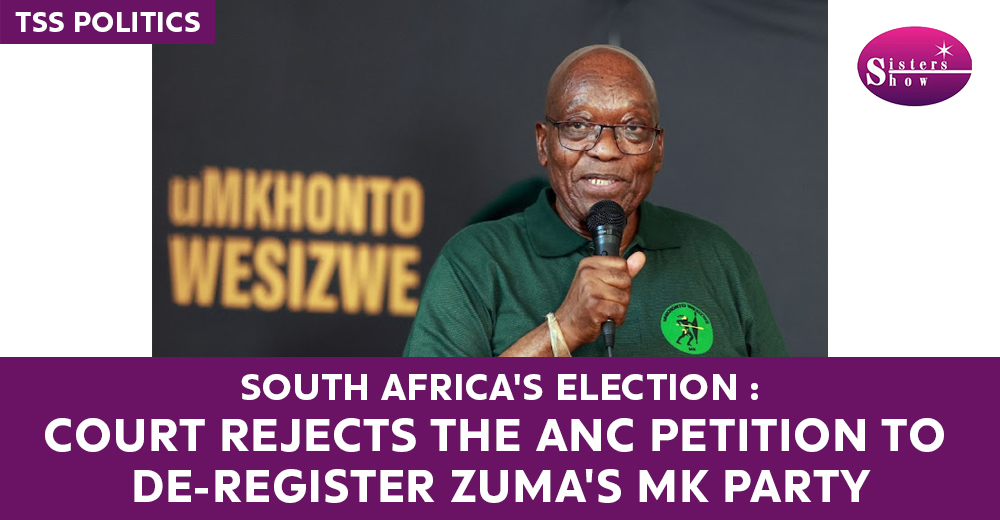
South Africa’s political landscape witnessed a dramatic turn as the African National Congress (ANC) faced a legal setback in its bid to prevent a newly formed party from contesting in the upcoming May election. Here’s a detailed insight into the unfolding events and their potential repercussions.
The emergence of the uMkhonto we Sizwe (MK) party, named after the disbanded armed wing of the ANC, has added a new dimension to South Africa’s political narrative. With former President Jacob Zuma throwing his weight behind the MK party, speculation arose regarding its potential impact on ANC’s support base.
Despite the ANC’s efforts to block the MK party’s participation, the electoral court’s rejection of the ANC’s argument signaled a significant development. Supporters of the MK party, donning green attire, rejoiced outside the courtroom, celebrating their legal victory.
While the ANC accepted the court’s decision, it also initiated separate legal proceedings against the MK party, alleging copyright infringement. This underscores the contentious nature of the political discourse surrounding the upcoming election.
Opinion polls suggest a potential decline in ANC’s vote share, with predictions hinting at the party’s support falling below 50% for the first time in three decades. Jacob Zuma’s influence, particularly in his home province of KwaZulu-Natal, appears to be a contributing factor in this electoral shift.
Zuma’s association with the MK party, despite not being its founder, has garnered attention, given his history within the ANC’s armed wing. As South Africa’s president for nine years, Zuma’s tenure was marred by corruption allegations, ultimately leading to his ousting and replacement by current President Cyril Ramaphosa.
The ANC’s accusation against Zuma, accusing him of exploiting military symbolism, reflects the tension within the party and its leadership. The ANC’s legacy of anti-apartheid struggle contrasts with Zuma’s perceived opportunistic use of symbolism, further highlighting the complexities of South Africa’s political landscape.
The failure of the ANC’s legal bid against the Zuma-backed MK party signifies a pivotal moment in South Africa’s political trajectory. As the country approaches the May election, the emergence of new political forces and the waning dominance of traditional parties underscore the need for heightened vigilance and engagement among voters.




